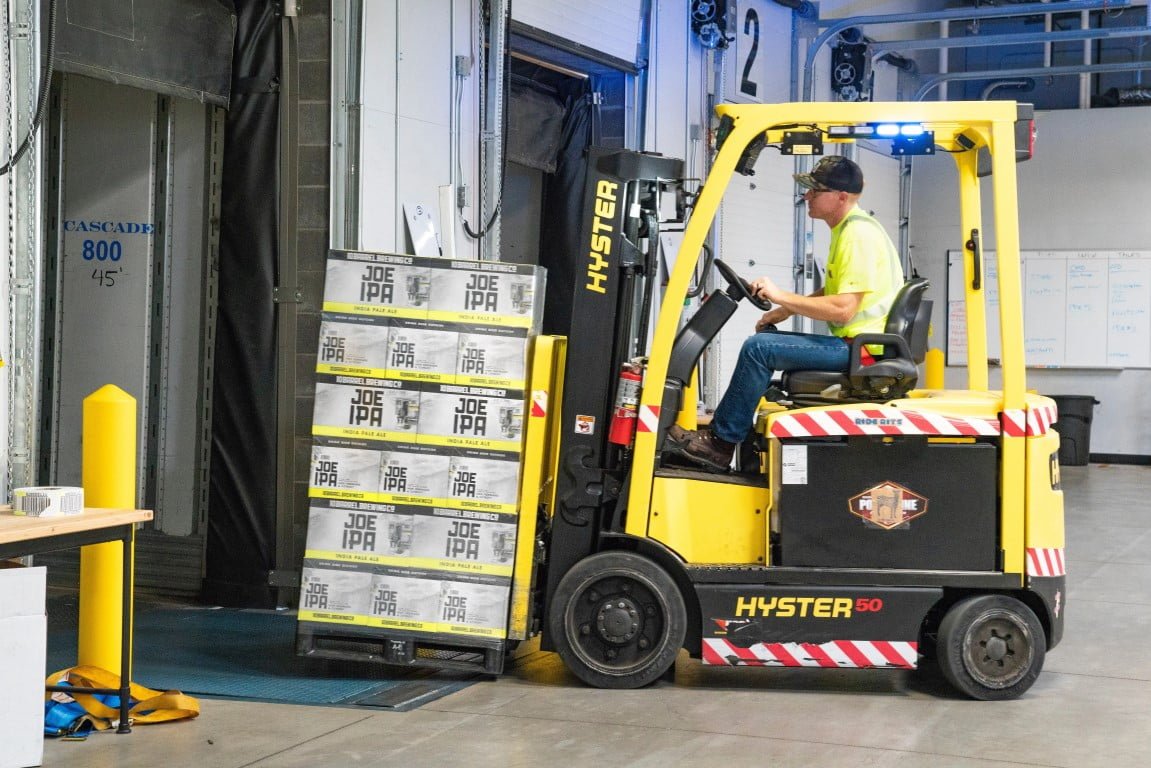Are you looking for a career in the construction industry? Do you want to enhance your skills and knowledge as an equipment operator? The Construction Plant Competence scheme offers operator training courses that will prepare you for a successful career in the construction industry. In this article, we will discuss everything you need to know about CPCS operator training, including its benefits, courses, requirements, and certification.
What is CPCS Operator Training?
The Construction Plant Competence Scheme (CPCS) is a scheme that provides industry-wide recognition of skills, knowledge, and understanding in the construction industry. The scheme is managed by the Construction Industry Training Board (CITB) and is a leading certification scheme for plant operators.
Construction Plant Competence Scheme operator training is designed to enhance the skills and knowledge of plant operators to improve their job performance and career prospects. The training is delivered through a network of approved training providers who offer a range of courses tailored to different types of plant machinery.
Benefits of Operator Training
CPCS operator training offers numerous benefits to individuals looking to develop their careers in the construction industry. Some of these benefits include:
-
Recognition of Skills and Knowledge
CPCS operator training provides recognition of an individual’s skills and knowledge in operating plant machinery. This recognition is industry-wide and is highly regarded by employers, clients, and other industry stakeholders.
-
Improved Safety
CPCS operator training courses are designed to promote safe working practices and reduce the risk of accidents and injuries on construction sites. By undertaking CPCS operator training, individuals will have a better understanding of their responsibilities and obligations to ensure a safe working environment.
-
Enhanced Career Prospects
CPCS operator training provides individuals with the skills and knowledge required to operate a range of plant machinery. This enhances their job performance and career prospects, making them more attractive to potential employers.
Construction Plant Competence Scheme Operator Training Courses
CPCS operator training courses are delivered through a network of approved training providers. These courses are designed to provide individuals with the skills and knowledge required to operate a range of plant machinery. Some of the most popular CPCS operator training courses include:
-
Excavator
The excavator course is designed to provide individuals with the skills and knowledge required to operate an excavator safely and efficiently. The training provides instruction on a variety of subjects, including pre-use inspections, operating skills, and safety protocols.
-
Forklift
The forklift course is designed to provide individuals with the skills and knowledge required to operate a forklift safely and efficiently. The training provides instruction on a variety of subjects, including pre-use inspections, operating skills, and safety protocols.
-
Crane
The crane course is designed to provide individuals with the skills and knowledge required to operate a crane safely and efficiently. The training provides instruction on a variety of subjects, including pre-use inspections, operating skills, and safety protocols.
Operator Training Requirements
To undertake CPCS training, individuals must meet certain requirements. These requirements include:
-
Health and Safety
On a building site, everyone must understand health and safety standards and be able to show safe working practice’s.
-
Experience
Individuals must have experience operating the type of plant machinery they wish to be trained on.
-
Age
Individuals must be over 18 years old to undertake Construction Plant Competence Scheme operator training.
Operator Training Certification
Upon completion of a CPCS operator training course, individuals will receive a certificate of competence. This certificate is recognized by the construction industry and is proof of an individual’s skills and knowledge in operating plant machinery.
Conclusion
the CPCS scheme offers comprehensive operator training courses that can prepare you for a successful career in the construction industry. By undertaking Construction Plant Competence Scheme operator training, you will gain recognition of your skills and knowledge, enhance your safety practices, and improve your career prospects.
Construction Plant Competence Scheme operator training courses are delivered through a network of approved training providers and cover a range of plant machinery. You’ll obtain a construction industry-recognized certificate of competence after finishing the course.
Invest in your future today and take advantage of the benefits that Construction Plant Competence Scheme operator training can offer.






